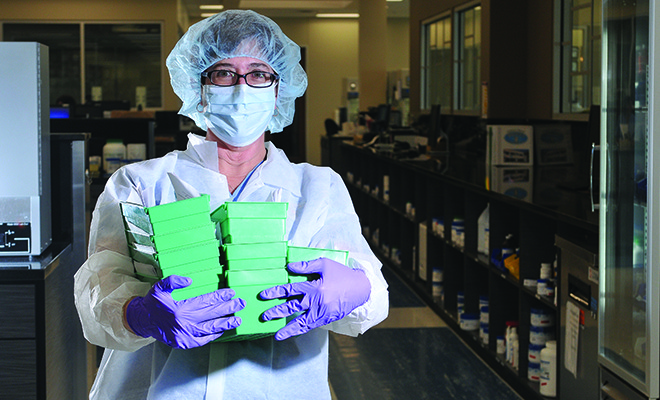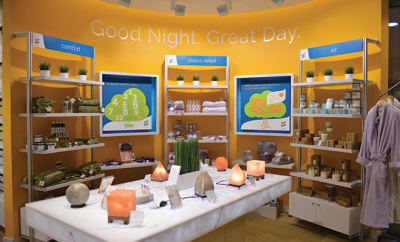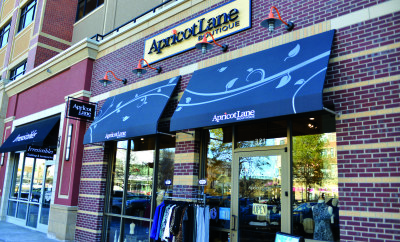 Lightbox Images
Lightbox Images
Brown’s Compounding Center: Customized Prescriptions for Better Health Care in Denver
Dr. Joe Hillen’s* pain was so bad he couldn’t sleep. The high-dose narcotics he was taking to dull the pain created unbearable side effects, and Dr. Hillen, even with 40 years of experience as a family practitioner, was at a loss.
Then his own doctor recommended that Dr. Hillen try a specially formulated prescription pain cream produced at Brown’s Compounding Center, just outside of Denver.
“I smiled quietly to myself, knowing that nothing I could possibly rub on my skin could possibly relieve my neuropathic pain,” Dr. Hillen said, referring to pain caused by nerve fiber damage or dysfunction. “To my shock, it didn’t make the pain less—it totally stopped the pain!”
Dr. Hillen soon went off his narcotic prescription completely. He now manages his pain with a cream that his doctor and specialized pharmacist created just for him. Unlike the narcotics he’d been taking, Dr. Hillen’s pain cream isn’t addictive and it creates no negative side effects.
Dr. Hillen is one of the millions of Americans who have turned to compound medications to address their individual medical needs, from pain management to hormone replacement, pediatric care, dermatology, ophthalmology, podiatry, dentistry and diabetes, that aren’t met by commercial pharmaceuticals.
For example, it’s common for young children and elderly patients in particular to have trouble swallowing mass-produced pills or capsules, so compound pharmacists can provide medications as liquids, creams or even lollipops. Some patients can’t or don’t want to take commercial pharmaceuticals that contain opiates, sugar, alcohol, preservatives, dye or gluten. Compound pharmacists can provide medications free of those problematic ingredients.
Sometimes, medications simply aren’t available from commercial manufacturers. They may be unavailable in a specific dose, be on back-order due to manufacturing problems, or even have been discontinued due to decreasing use or declining profits. Compounding can recreate those medications to fit a patient’s unique needs.
After decades of dominance by large-scale commercial pharmaceutical manufacturers, custom compounding is on the rise in the United States. Doctors in this country write an estimated 30 to 40 million compound prescriptions annually for patients who can’t get the dose, formulation or type of application they need from commercial drugs.
Founded in 2004 by registered pharmacist Darby Brown, Brown’s Compounding Center has grown to a staff of 75 licensed pharmacists, pharmacy technicians and support staff. At more than 38,000 square feet, its new state-of-the-art facility in the Denver suburb of Englewood makes Brown’s one of the largest compounding pharmacies in the United States. The new facility is also environmentally friendly, utilizing a solar panel system that makes the lab completely independent from the electrical grid so it won’t lose operational or quality-control capabilities in the event of a power outage.
One of the highlights of the new facility is its multi-million-dollar “sterile room,” where pharmacists compound medications that are injected or absorbed directly into the body. Other medications such as pills and creams are produced in the main clean lab. To ensure safety and quality, Brown’s tests its medications more frequently and more vigorously than state or federal regulations require. Earlier this year, Brown’s received accreditation from the Pharmacy Compounding Accreditation Board, an independent organization that evaluates pharmacies’ compliance with nationally accepted quality control, assurance and improvement standards.
Brown’s filled more than 93,000 prescriptions in 2014. In the Denver area and beyond, most patients receive their medications in as few as 24 hours after initial contact. The pharmacy ships medications to patients in 42 states, and expects to be able to serve patients in all 48 contiguous states in the near future.
One of the biggest challenges for medication of any kind is compliance—making sure patients understand what their medications do and how they’re supposed to be used, and avoiding any potential negative interactions with other drugs. Brown’s employs a special customer care team to catch potential adverse reactions such as allergies or drug interactions, and to proactively counsel every patient and ensure they understand how to take their medications.
Compounding gives doctors more control over the prescriptions they write, allowing for more precise dosing and formulations, and creating significant benefits for their patients. As Dr. Hillen knows, a prescription tailored to their individual needs means that patients are more likely to take their medications and experience positive results.
Brown’s Compounding Center is located at 13796 Compark Blvd., #100, in Englewood. Call 855-534-1047 or visit the website at brownscompounding.com to learn more and to take a virtual tour of the new state-of-the-art facility.
*This name has been changed to protect patient privacy.











